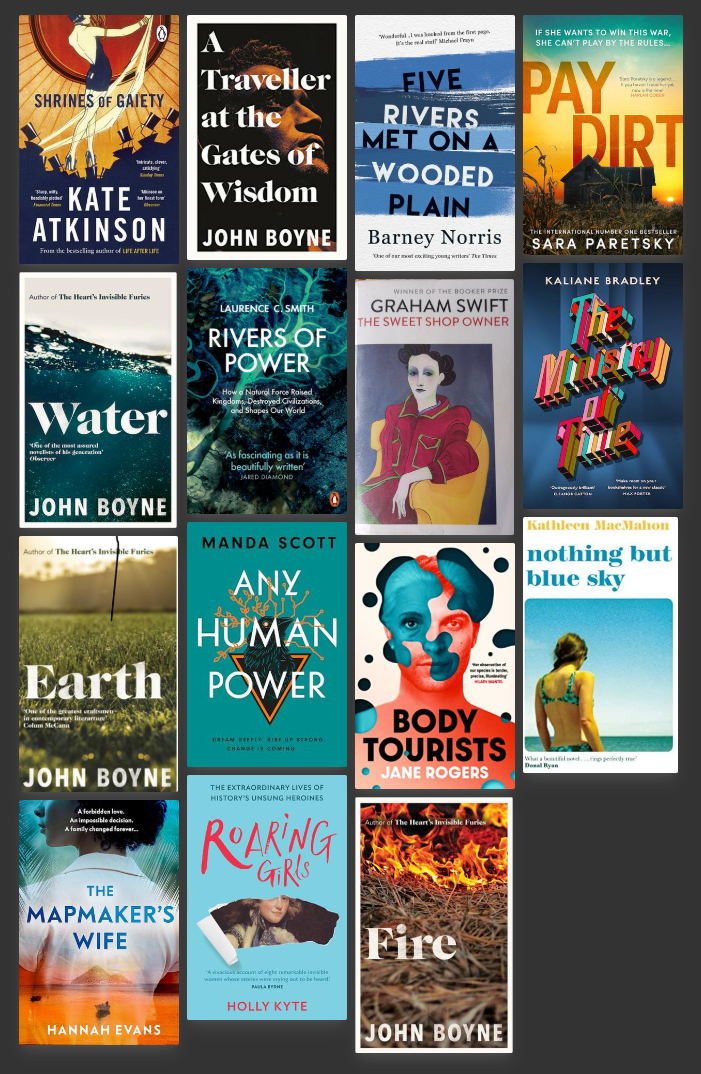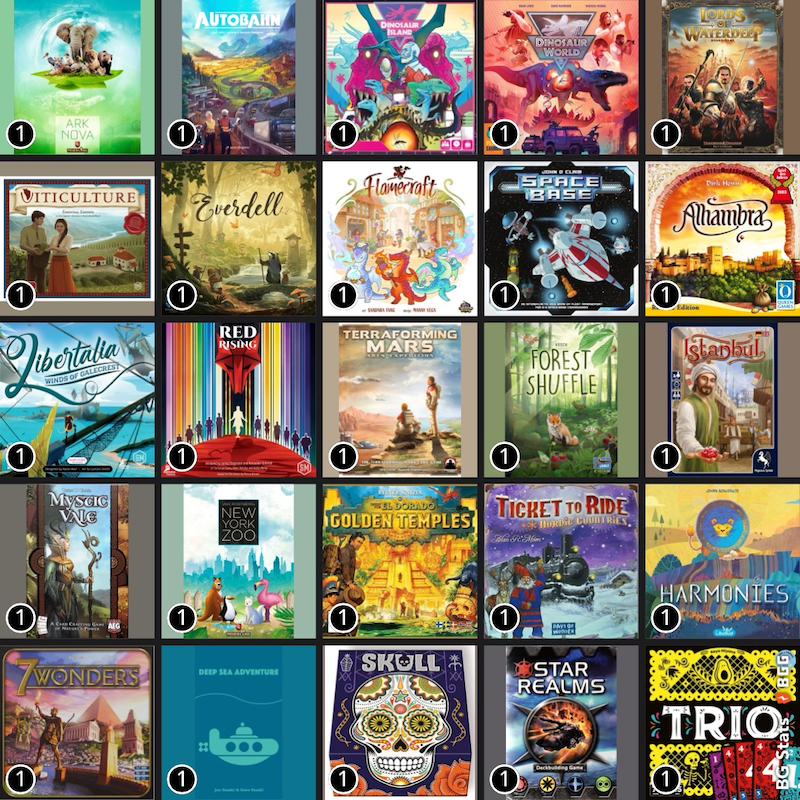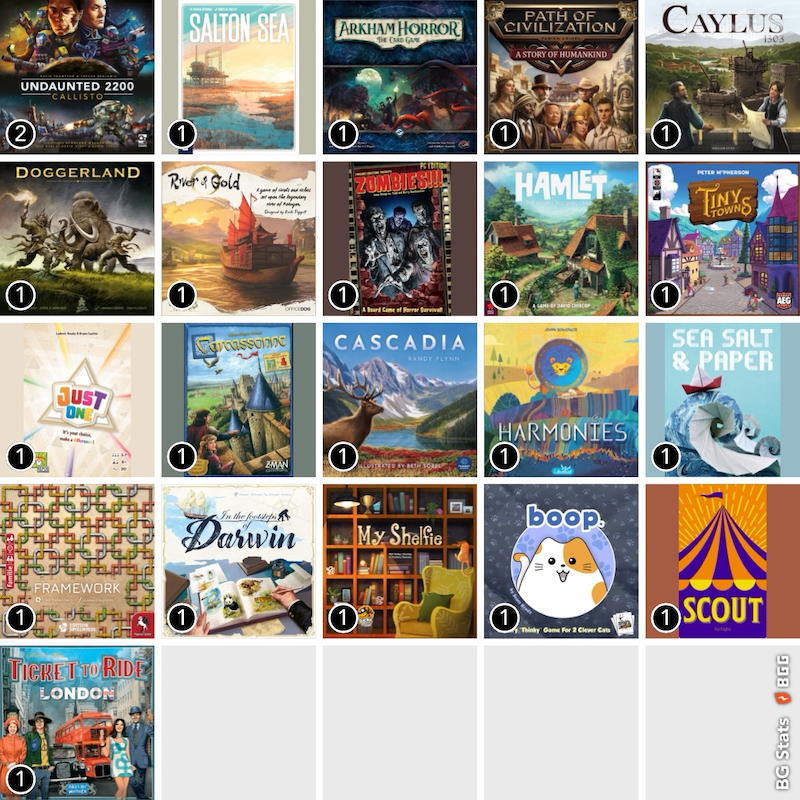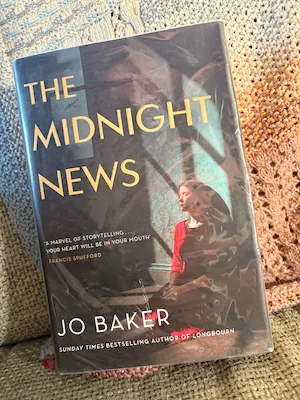The Power of Babel: A Natural History of Language
by John McWhorter
Sunday, May 5, 2002
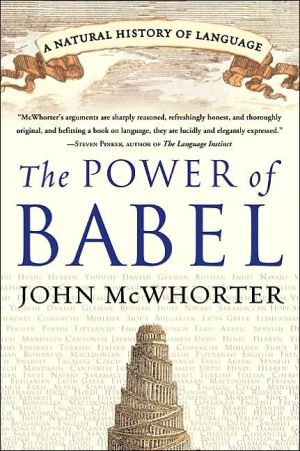
This is a fascinating book about how languages evolve and change over time and shows how languages are both born and die. Most of the bits that I’ve remembered whilst reading it are about the English language but there are interesting titbits about all kinds of languages in here.
I’ve always had a problem with the description of English as a “Germanic” language when it seems to me that our vocabulary has far more in common with the Romance languages that evolved from Latin. The author explains that this actually makes sense because English and German are linked far further back in time. This means that the basic words in English and German have more in common than English and French, for instance: bread, brot and pain; fish, fisch and poisson, water, wasser and eau; the German word is much closer to the English word than the French one. However when we get to words for more complex ideas English is much more likely to have borrowed a French (or other Latin derived) word for these ideas and so the “hard words” in French are more familiar to the English speaker and it’s easier to read French at a higher level than German.
Another thing I enjoyed finding out was the kind of things that seem indispensible in one language aren’t necessary at all in another. Most European languages include definite and indefinite articles: “the” and “a”. So when Esperanto was designed (admittedly it was only supposed to be an easy language for people who already speak a European language to learn) it included both of these articles. But many non-Europeans manage perfectly well without two separate articles finding other ways to express the difference between an object and the object. Similarly as an English speaker the idea that you need two words for “we” - one that encompasses only those present, and another than includes people who aren’t present - seems pointless but many speakers of other languages would feel that the distinction was indispensable.
I could be here ages telling about why the same sound in different tones came to mean different things in Chinese, or that languages are dying out faster than ever today. (At the moment there are about 6000 languages spoken across the globe, by the end of the century it’s expected that only about 500 will remain.) I especially liked the chapters on how new languages form as Creoles and how recent a phenomenom this type of language is. There’s no shortage of odd bits of info to take away from this book.
There are a few problems with the book, my major complaint is that the author assumes everyone is familiar with every American sitcom ever written and I don’t know how much I missed by not knowing what accents or features each character has. I read the reviews of this book at Amazon one of the complaints seemed to be that the author skipped over too much stuff (condensing the Viking invasion of Britain into a single sentence for example) but I think that there was enough detail on the whole and rather too much in places.
Definitely an interesting read with plenty to think about.
